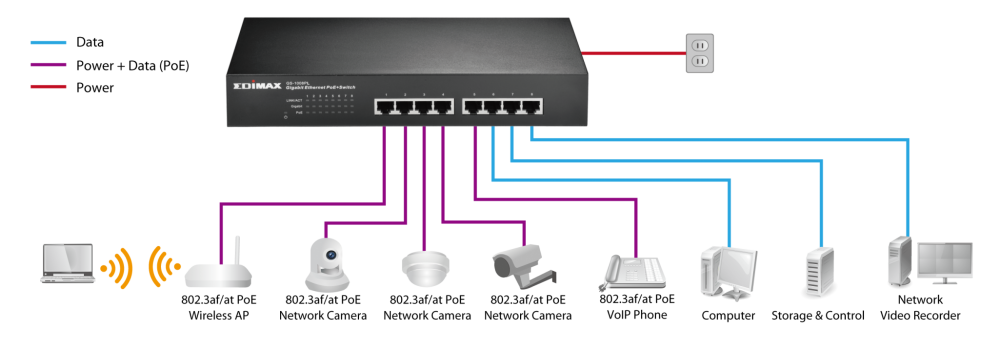

ISPs assign dynamic IP addresses as needed via a dynamic host configuration protocol server (DHCP server). These are assigned manually by internet service providers (ISPs).Ī dynamic IP address is temporary and may change when you reboot your system or the router. It can remain the same for weeks, months, and even years.īusinesses offering dedicated internet services such as web hosting prefer static IPs for their unchanging nature. What is a static IP address?Īs the name suggests, a static IP address does not change. They can assign a dynamic or static IP address, depending on the requirements of the network. For example, the domain name given to YouTube is “.”Īssigning IP addresses to network devices is the job of a network administrator.

These are unique to each website, and far easier to memorise. An IP address corresponding to internet protocol version 4 (IPv4), for example, would be 180.151.119.202.Īs humans are ill-suited to remembering such long numbers, IP addresses have more user-friendly representations known as domain names. TCP/IP is a widely adopted networking standard for exchanging messages over the internet.Īs a general rule, IP addresses are usually displayed and written as a combination of periods and numbers. Every single device on a transmission control protocol/internet protocol (TCP/IP) network needs an IP address, in order to send or receive data across the network.

Similar to how a Social Security number in the US is used to distinguish citizens, an internet protocol (IP) address differentiates machines from each other across the internet. These devices are able to “talk” to each other using IP addresses, which can either be static or dynamic – but what's the difference? IP address: The language of the internet


 0 kommentar(er)
0 kommentar(er)
